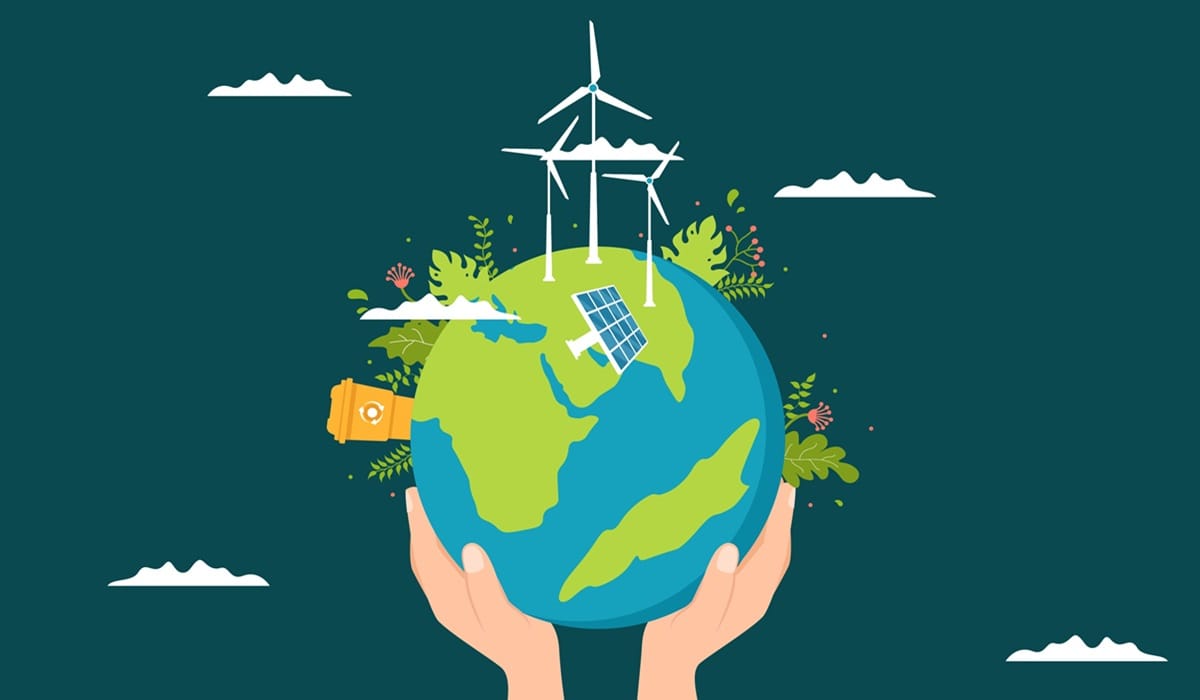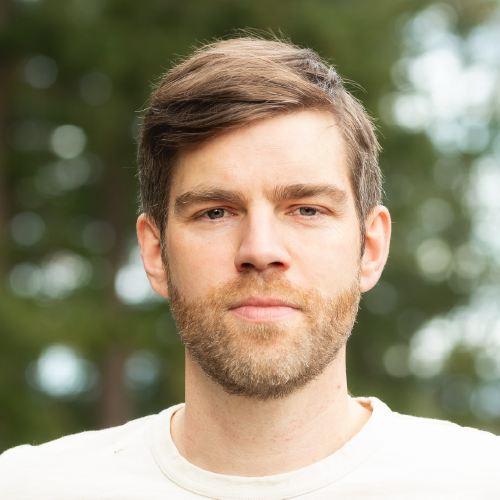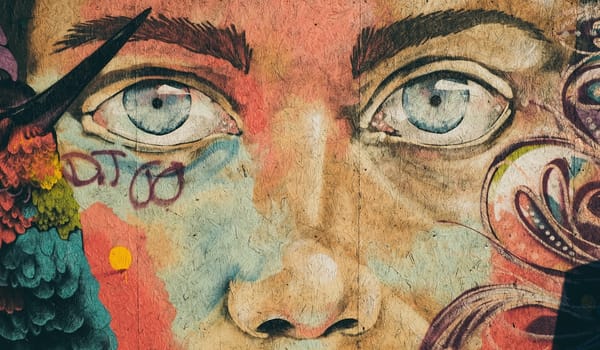
Good news for humankind!
The world's latest milestones for climate, justice, peace, health, and more
April 8 - 14 2024 C.E.
Global life expectancy increased by 6.2 years between 1990 and 2021
A new study from the University of Washington's Institute for Health Metrics and Evaluation found that the super-region of Southeast Asia, East Asia, and Oceania had the world's largest net gain in life expectancy between 1990 and 2021 (8.3 years), largely due to reductions in mortality from chronic respiratory diseases, stroke, lower respiratory infections, and cancer.
India approves massive $9 billion rooftop solar plan
A massive subsidy program to help Indian households install rooftop solar panels in their homes and apartments aims to provide 30 gigawatt hours of solar power to the nation’s inventory. The scheme, called PM-Surya Ghar, will provide free electricity to 10 million homes according to estimates, and the designing of a national portal will streamline the process of installation and payment.
A group of older Swiss women win first-ever climate case victory in the European Court of Human Rights
The women, mostly in their 70s, said that their age and gender made them particularly vulnerable to the effects of heatwaves linked to climate change. The court said Switzerland's efforts to meet its emission reduction targets had been woefully inadequate. The ruling is binding and can trickle down to influence the law in 46 countries in Europe.
U.N. makes history with first-ever resolution supporting intersex rights
The U.N. Human Rights Council has issues its first-ever resolution supporting the rights of intersex people. An estimated 1.7% of infants are born intersex — many are forced to undergo irreversible surgeries to “correct” their anatomy and are subject to stigma and discrimination. The resolution directs the U.N. High Commissioner for Human Rights to prepare a report on the challenges intersex people face and the best ways to ensure intersex people’s “highest attainable standard of physical and mental health.”
Canada to make contraception for women free
The government will pay for the most widely used methods to avoid pregnancy, such as IUDs, contraceptive pills, hormonal implants or the day after pill, for the nine million Canadian women of reproductive age, Deputy Prime Minister Chrystia Freeland said at a press conference. "Women should be free to choose the contraceptives they need without cost getting in the way. So, we're making contraceptives free," Prime Minister Justin Trudeau said.
U.S. Environmental Protection Agency announces first-ever national regulations for “forever chemicals” in drinking water
Commonly called "forever chemicals," PFAS are synthetic chemicals found nearly everywhere — in air, water, and soil — and can take thousands of years to break down in the environment. The EPA has stated there is no safe level of exposure to PFAS without risk of health impacts, but now it will require that public water utilities test for six different types of PFAS chemicals to reduce exposure in drinking water. The new standards will reduce PFAS exposure for 100 million people, according to the EPA, and prevent thousands of deaths and illnesses.
New online tool is first to track funding to Indigenous, local, and Afro-descendant communities
The Path to Scale dashboard, developed in a partnership between the Rights and Resources Initiative (RRI) and the Rainforest Foundation Norway (RFN), provides information on funding from 133 donors since 2011 based on publicly available information. According to the developers, this publicly accessible dashboard will help donors, NGOs and rights holders identify critical funding gaps and opportunities in global efforts to secure communities’ rights.
Global death tolls from natural disasters have plummeted over the last century
According to a recent study from Our World In Data, in the early-to-mid 20th century, the average annual death toll from disasters was very high, often climbing to over a million. In recent decades, such deaths are typically fewer than 20,000 people, even as natural disasters become more frequent and more extreme.
Rewilding program ships eggs around the world to restore Raja Ampat zebra sharks
The Shark Reef Aquarium on the Las Vegas Strip in Nevada has been sending zebra shark eggs to Indonesia's Raja Ampat. Researchers hope to release 500 zebra sharks into the wild within 10 years in an effort to support a large, genetically diverse breeding population. A survey estimated the zebra shark had a population of 20 spread throughout the Raja Ampat archipelago, making the animal functionally extinct in the region.
Solar generates more power than coal in Texas for first time ever
Solar generation in Texas was 3.26 terawatt hours (TWh) in the month of March, beating the 2.96 TWh sent out by coal-fired generators. It’s the first time solar has beaten coal over a whole month in Texas, the largest user of coal for power generation of any state in the U.S. The share of coal generation in Texas is now declining rapidly, from 40% more than a decade ago and 30% in 2017 to 13.9% in 2023.
Global life expectancy surpasses 40 years for first time ever (1955 C.E.)
In 1800, no region had a life expectancy higher than 40 years. But over the last two centuries, the average life expectancy has risen steadily and significantly across all regions. This extraordinary rise is the result of a wide range of advances in health – in nutrition, clean water, sanitation, neonatal healthcare, antibiotics, vaccines, and other technologies and public health efforts – and improvements in living standards, economic growth, and poverty reduction.
Global life expectancy reaches 75 years for first time ever (2035 C.E. ???)
Through major advancements in medicine, public health, and poverty alleviation, by 2021 the global average life expectancy was just over 70 years. Less than 15 years later, humanity reaches another critical milestone by achieving 75 years of life expectancy around the world.
These milestones have been added to our database of social change milestones – past, present & future. Filter by topic, country, era, and more. Explore the archive

Would therapy or coaching better support you right now?
When people ask me what coaching is, I often use therapy as a comparison. Most people now seem to know what therapy is and how it works. And coaching is similar in many ways. At its core, it's (usually) an intimate 1-on-1 relationship where people get support in their lives and careers.
With that said, as I explained last time, coaching has some key differences. So how does one decide between therapy and coaching?
Coaching and therapy are not mutually exclusive
There are a lot of ways to answer this. My favorite might be that coaching and therapy are in no way mutually exclusive. You don't actually have to choose. In fact, many might be best served by having both a therapist and a coach, perhaps switching off every week. I have some clients who do this and it seems to offer a nice balance between looking back and moving forward. Something special happens when these two modalities work together.
The case for therapy
Let's assume you have to choose either therapy or coaching. When might therapy be best?
First and foremost, in all cases of acute emotional distress or where depression, anxiety, abuse, or mental illnesses are a central factor in your immediate circumstances, therapy will almost certainly be a better fit. Therapists are trained to work with these issues and most coaches are not.
But even in situations where there is no acute distress but still a nagging feeling of discontentment or meaninglessness, therapy is often a good place to start. In fact, as a general rule, if you've never gone to therapy before, try that first. Nearly all of us have significant unresolved childhood pain standing in the way of the lives we want. Therapists are trained specifically to help you process and move through this. Going back to the sports metaphor, it makes no sense to go to a tennis coach if you've got a broken leg. You need to heal first.
The case for coaching
There are many circumstances where therapy is more helpful than coaching. Likewise, there are many circumstances in which coaching might be more helpful.
If you have a clear vision for what you want your life to be, but can't quite seem to develop a plan or put your plan into motion, a coach is probably your best bet. Or, if your life is generally working fine, but lacking a clear sense of direction, purpose, or aliveness, a coach might serve you best. Coaches are trained to help you get clear on what you most from your life, identify what's standing in your way, and create the structure and accountability needed to move forward until you have what you want.
Or perhaps this describes you: You've been to years of therapy, read several self-help books, and done quite a lot of personal work. And yet something still feels missing from or empty in your life. You can't move past a certain type of behavior or relationship. Or you have a nagging sense that you aren't living life to the fullest. Or perhaps the prospect of talking about your mom and dad issues once again now feels boring or unproductive. In short, for whatever reason, therapy is no longer feeling as alive or helpful for you as it once did. You've reached a point of diminishing returns.
In my mind, this is a great time to consider coaching. While similar to therapy, coaching is an entirely different modality and might help you tap into different insights or possibilities for your life. And it may simply be that you've gotten to a point where you've done enough healing, at least for now. You want to see what comes after all the healing. You want to be your most alive, your most actualized, your most you.
Many people in this situation either don't know that coaching even exists or haven't considered it as a viable alternative to therapy. Does that sound like you? If so, drop me a line and let's explore if coaching might support you.

Peter Schulte
Leadership Coach
Executive Director of Spark of Genius
he/they
Let's connect
Feeling burnt out, overwhelmed, lost, or stuck? I help aspiring leaders cultivate peace and purpose, share their gifts with the world, and live a life they can fall in love with. Your first session is free! Learn more.
Once a week, I offer 1-on-1 office hours as a gift to my readers. Some people use it as a chance to connect and get to know me. Others bring specific questions to get support on. Up to you! No charge. No strings. Reserve your spot.
Have questions, concerns, ideas, reactions, or just want to get in touch? Drop me a line by replying to this email.









